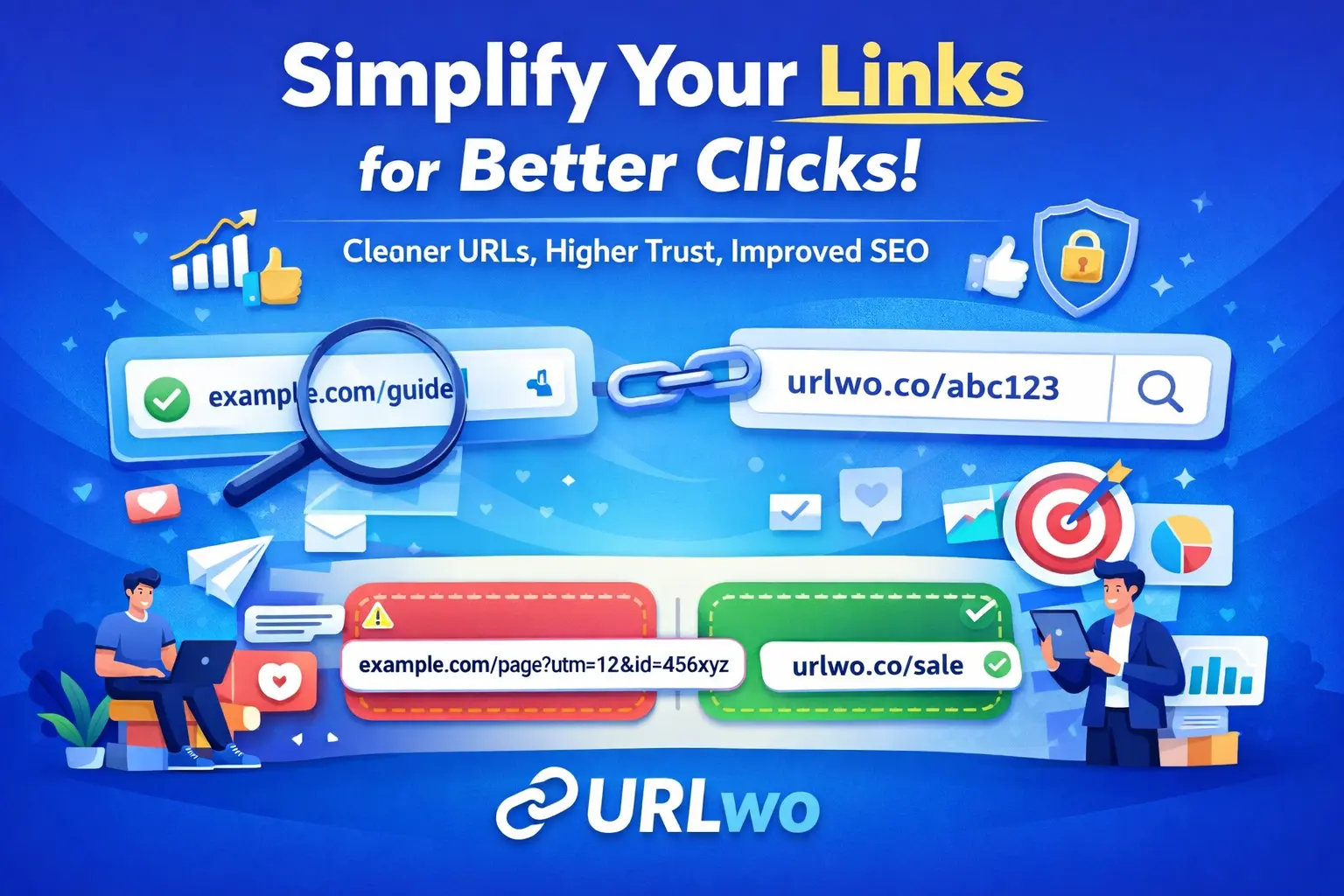Search engine Optimization (SEO) isn’t just a nice-to-have; it’s mandatory for small businesses that want to grow, no matter what their niches are.
Never underestimate the power of SEO strategies. If implemented correctly, you can boost your online visibility, attract more customers locally, and establish long-term credibility.
Wondering what SEO efforts can take your small business to the next level? If that’s the case, fret no more; we’re here to help you out!
Step into this detailed blog post, where you will discover SEO strategies and how to implement them. So, why wait? Let’s be with us to find out more…
1. Get Listed on Business Directories
When it comes to improving your online presence, it’s necessary to claim your business on popular online directories, such as:
- Yelp,
- Yellow Pages, and
- Bing Places.
These platforms often rank higher in Google’s search results. Your business can gain more exposure and potential website traffic if you list your site on these directories.
Here’s How to Do So
- Choose the right directories, including general, niche-based, and location-based.
- Enter business name, address, phone #, email, website, and operating hours on all directories.
- Remember to add photos of your products, services, or whatever you’re selling to entice users.
- Claim and verify listings to manage your business details and respond to reviews actively.
- Update listing when a new product or service is introduced or hours and contact info is changed.
- Check reviews regularly, both positive and negative to show how you respect their feedback.
- Monitor directory listings to evaluate how effective traffic, engagement, and conversions are.
2. Strengthen Your Google Business Profile
Google Business Profile (formerly Google My Business) is instrumental for local SEO. If you’re looking to showcase your brand in local map packs and boost your credibility with potential customers, create a complete profile carefully.
Here’s How to Do So
- Visit the official Google Business Profile (GBP) website.
- If you already have an account, sign in. If you don’t have one, create a new Google Account
- When entering your business name, look at existing business listings that Google may suggest.
- Pick a category that best represents what your business is about.
- Choose what your business type is, whether it’s a physical location or a service-area business.
- If you are physically operating a business, add its address. Don’t forget to add a map marker promptly.
- In case you’re a service-area business, specify the locations where you may serve.
- Add your official contact details, including phone number, Email ID, and website URL.
- Add your contact information: Provide your phone number and website URL.
- Verify your business profile – via a postcard or phone call – to ensure its authenticity and legitimacy.
- Lastly, start adding more details like business photos, hours, and a compelling description.
3. Create High-Quality Content
Content is king. Write valuable, relevant, and solution-oriented content depending on your audience’s persona. To rank your content on Google, do your homework on keywords your customers are searching for. Further, create content in different formats to engage users and improve your SEO, such as:
- Blog posts,
- how-to guides,
- FAQs, and
- case studies.
Here’s How to Do So
- Understand your target audience, their needs, interests, and pain points.
- Create the buyer’s Persona and tailor content using specific tone, language, and examples.
- Answer their questions, solve their problems, or educate them on relevant topics.
- Think beyond the basics; offer deep insights, relevant information, and unique perspectives.
- Add images, videos, and other multimedia to make your content meaningful and compelling.
- Create a content calendar strategically to maintain a regular flow of content.
- Optimize content with keywords, meta title, description, Header tags, and other SEO factors.
- Focus on optimizing images and improving load speed.
- Promote content on your site and marketing channels to expand your brand reach and rank it higher on search engines.
4. Implement a Qualitative Link-Building Strategy
Quality backlinks are signals to search engines, including Google, that your business’s site is more trustworthy and visible. Whether it’s relevant blogs, industry directories, and local news outlets, you can publish your content to earn links.
Here’s How to Do So
- Use a Skyscraper technique to improve existing content that drives more value and authority.
- Create link-worthy, shareable content, such as infographics and blogs & articles, for guest posting.
- Find websites with high DA and niche relevancy to publish content and get links back to your site.
- Keep tabs on how competitors get backlinks and what strategies they utilize.
- Promote content on social media, in newsletters, and through email marketing.
- Leverage SEO tools like SEMrush, Moz, and others to analyze the number of backlinks you earned and how effective they enhance your site’s rankings.
5. Always Take Local SEO Seriously
Local SEO is a game-changer for small businesses. This SEO strategy can boost your chances of appearing in local search results. If you’re looking to maintain your local presence on the web sky, perform various tasks to make it happen.
Here’s How to Do So
- Submit your business locally.
- Use tools like SEMrush and Ahrefs for already-ranked keyword research with low competition.
- Create blogs & articles, infographics, and press releases according to your location and target audience.
- Look at how people search for your business and its products or services using voice commands.
- Get backlinks from reputable sources and track their effectiveness.
- Conduct on-page optimization based on local audiences and their needs and interests.
- Take advantage of social media to strengthen your business presence and expand its reach.
- Stay engaged with your followers, respond to their reviews, and offer special offers and promos.
- Track the overall progress of your local search engine rankings using Google Search Console.
- Stick to local SEO trends to make your brand more authoritative and result-oriented.
Wrapping It Up
By consistently applying these SEO (Search Engine Optimization) strategies, small businesses can stand out in a competitive digital world and achieve sustainable growth. If it’s your first time SEO performing, seeking professional support from a trusted agency will result in your small business’s success.







